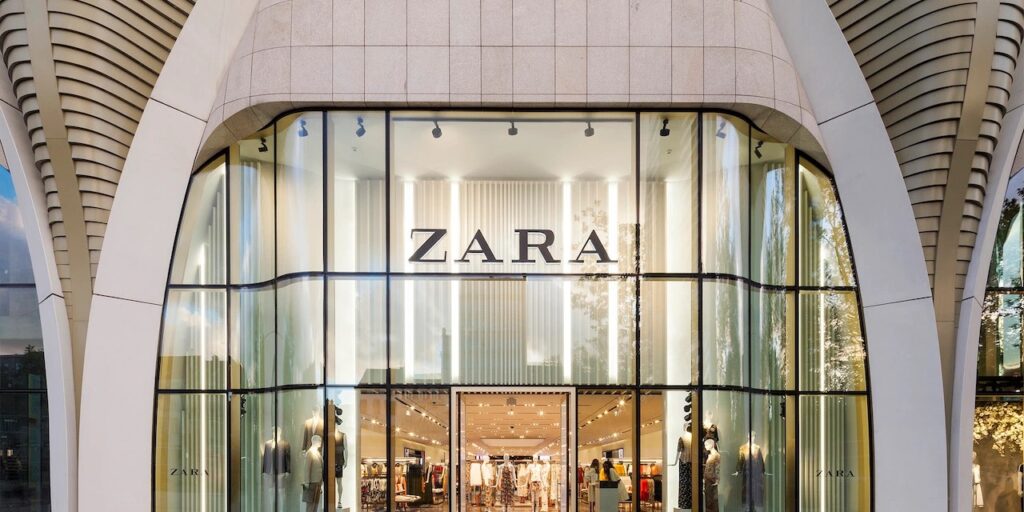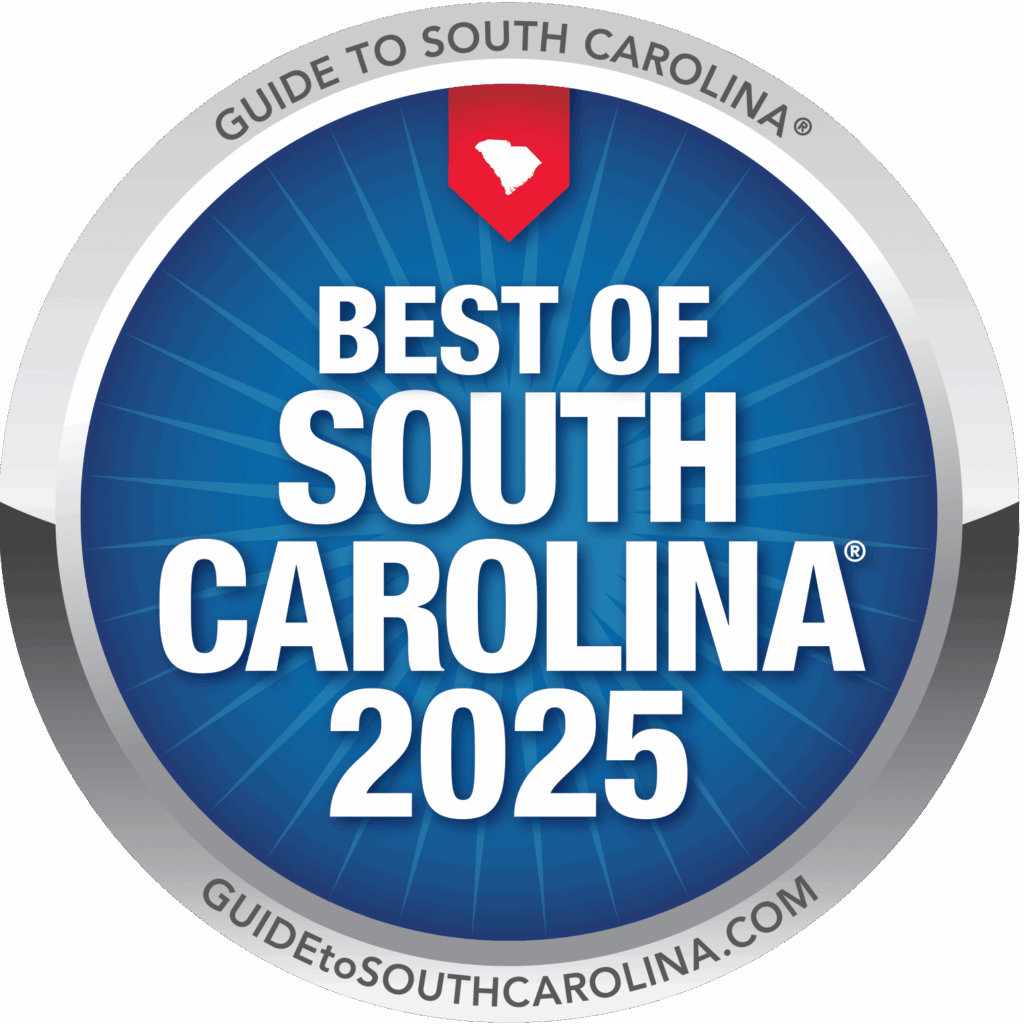
For years, brands like IKEA and Lego have been ubiquitous on the retail scene in the United States. Recently, global brands like Mango (Spain), Uniqlo (Japan), and Zara (also Spain) have launched large expansion plans with American shoppers in mind.
American shoppers spent $7.1 trillion in 2022 according to the Census Bureau, more than any other country in the world (SOURCE). For years, European retailers like Zara and Mango set their sites on emerging economies like China and Russia. However, that all changed last year after Moscow invaded Ukraine and China has also been plagued by political tensions.
Today, the U.S. is ready to accept new foreign brands, a changing trend that used to not be the case in years past.
Despite the opportunity in the United States, brands are working to understand and overcome the complexities of our market: we have large regional variations of climate, our demographics and average wealth are in no way consistent, and there is still a dearth of workers willing to hold retail roles.
Lego is so confident in the U.S. economy that it broke ground in April on its first American factory in Richmond, Va. IKEA, too, is making deeper investments with plans for 17 more stores that will make it the retailer’s biggest global market.
American shoppers who have fallen in love with these global brands through e-commerce or traveling abroad will certainly rejoice at the increased access to some of their favorite stores. The trend seems to be here to stay.


